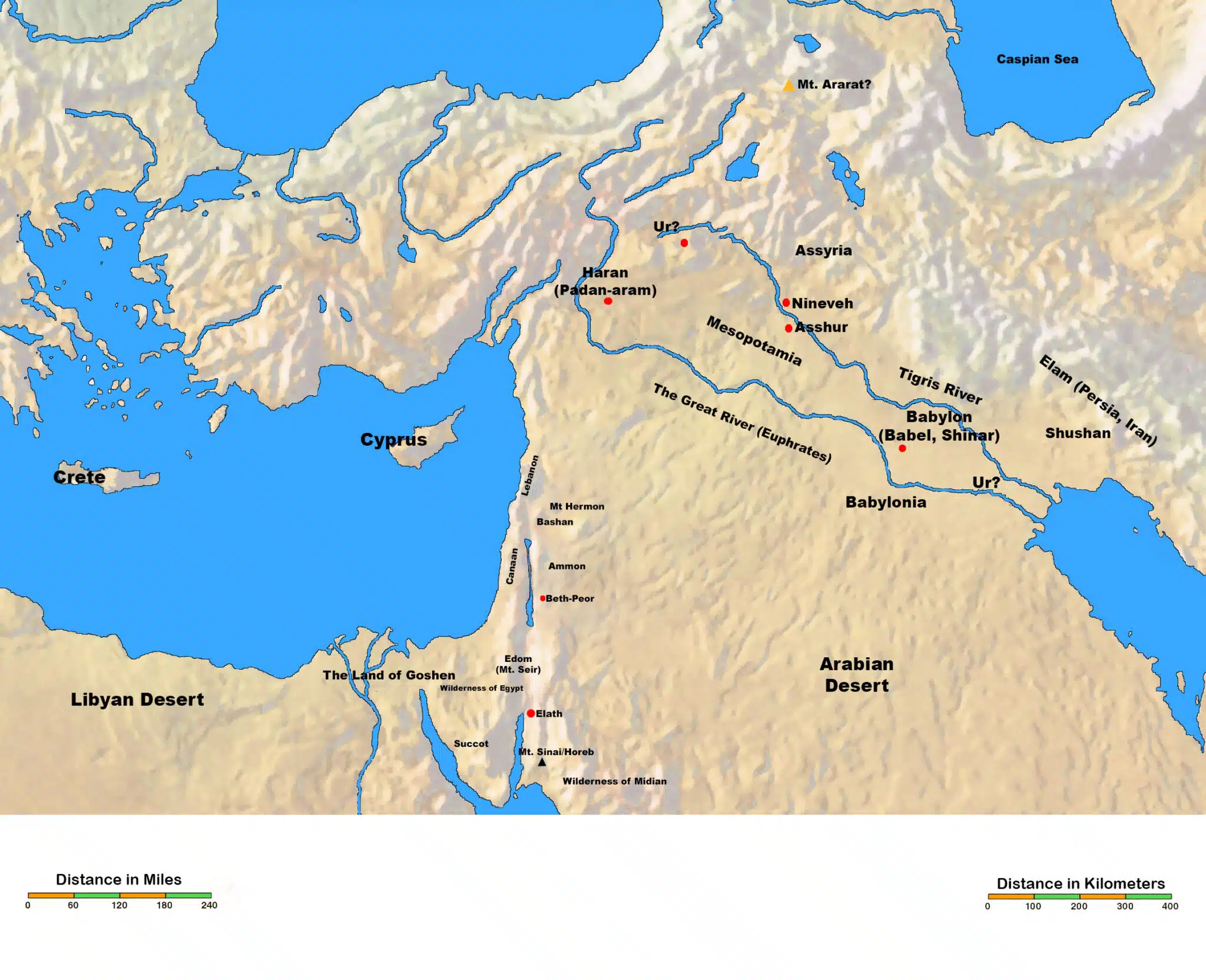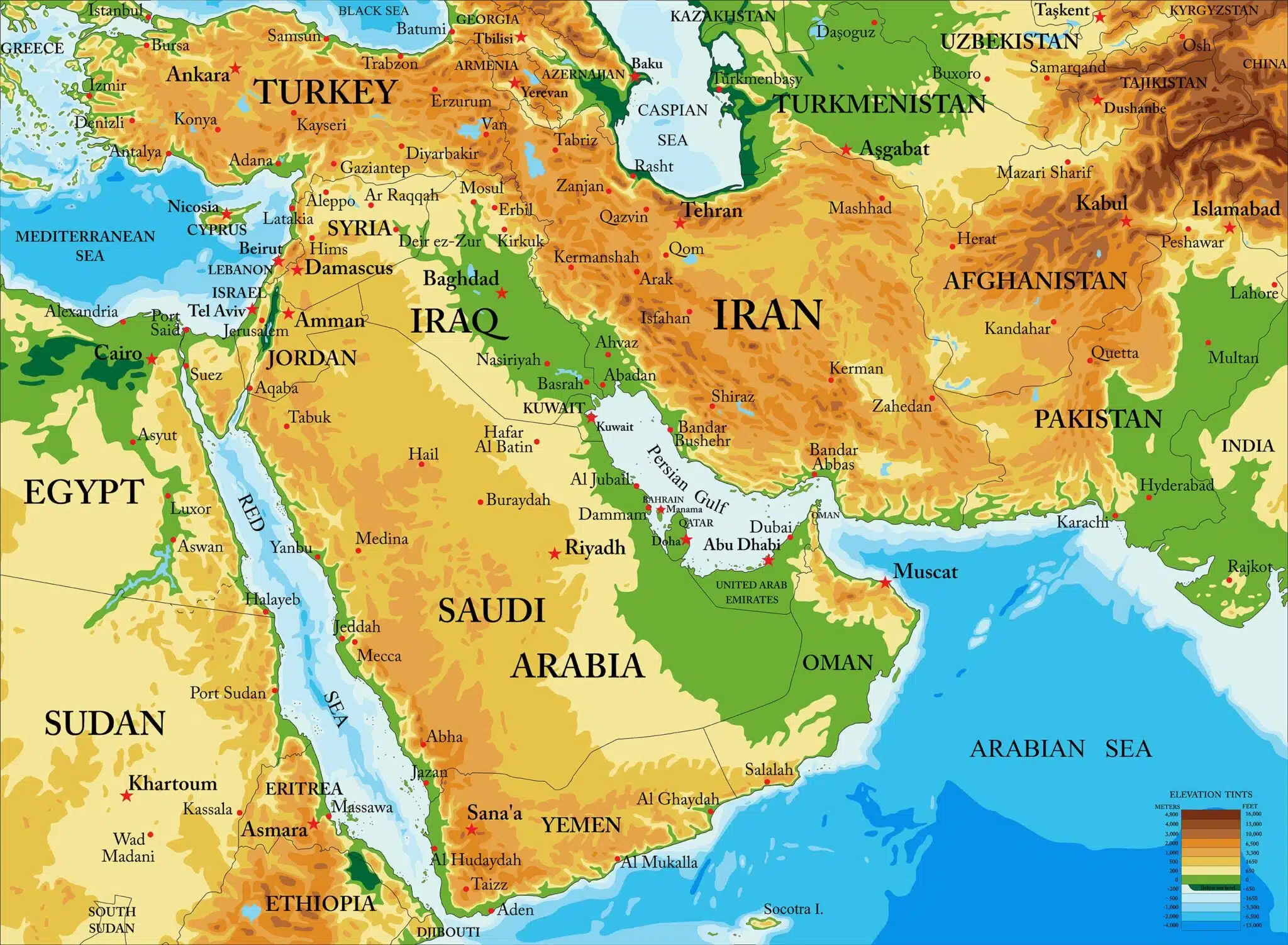God establishes an everlasting covenant with Noah. God promises to never again destroy the earth by a flood. He makes a sign of the covenant for all to see.
Throughout history, God has dealt with man through covenants or agreements. A covenant binds two parties together in a relationship usually with consequences for breaking or rewards for keeping the covenant. In this case, since God is God, He makes a covenant unilaterally, saying I Myself do establish My covenant with you, and with your descendants after you; and with every living creature that is with you. The covenant with Noah promised in Genesis 6:18 was initiated by God in verse 9. It was a divine gift of grace, a covenant of mercy that was communicated to the world and is sealed for all eternity by God’s solemn pledge. The God who executed the judgment of the flood stands behind the message of hope in this everlasting covenant. It has become known as the Noahic Covenant.
God bound Himself with a promise without imposing any obligation on Noah. God said all flesh shall never be cut off by the water of the flood, neither shall their again be a flood to destroy the earth. To Noah, this was a promise of security against this terrible event happening again. It gives security to the humans to build and prosper. If they chose, they could dismantle the boat and use the timber as building materials. “You don’t need to keep the ark as a safeguard’ would be a practical manifestation of this promise.
An unconditional promise of God is absolute, not contingent on mankind’s actions. Also, notice this prophecy given by Isaiah,
“For this is like the days of Noah to Me, When I swore that the waters of Noah Would not flood the earth again; So I have sworn that I will not be angry with you Nor will I rebuke you. For the mountains may be removed and the hills may shake, But My lovingkindness will not be removed from you, And My covenant of peace will not be shaken, Says the LORD who has compassion on you” (Isaiah 54:9-10).
This same God who executed the judgment of the flood stands behind this message of hope. Certain regions on the earth might have a flood which causes devastation, but never again would there be universal destruction. God’s promise does not prohibit another worldwide judgment, but it restricts the means by which God will do it.
Covenants were usually confirmed with some sort of sign, appointed by God. Circumcision was the sign of the Abrahamic covenant (Genesis 17:11). However, in the case of the Abrahamic covenant, people have the capability to observe or violate the agreement.
God called the sign My bow in verse 13. The bow was His workmanship, it was His pledge, and the seal of His promise, a sign of a covenant between Me and the earth. God designated that the rainbow would be a visible or physical sign of His covenant and that there would not be another worldwide flood. The Noahic covenant, a universal covenant, was given to all, every soul or breathing thing that lives. Since the covenant was universal, the sign was also universal.
Biblical Text
8 Then God spoke to Noah and to his sons with him, saying, 9 “Now behold, I Myself do establish My covenant with you, and with your descendants after you; 10 and with every living creature that is with you, the birds, the cattle, and every beast of the earth with you; of all that comes out of the ark, even every beast of the earth. 11 “I establish My covenant with you; and all flesh shall never again be cut off by the water of the flood, neither shall there again be a flood to destroy the earth.” 12 God said, “This is the sign of the covenant which I am making between Me and you and every living creature that is with you, for all successive generations; 13 I set My bow in the cloud, and it shall be for a sign of a covenant between Me and the earth.
Check out our other commentaries:
-
Matthew 2:16 meaning
King Herod is furious when he realizes that the magi tricked him. He sends soldiers to kill all the males in and around the village...... -
Matthew 27:20-22 meaning
The crowd responds to Pilate’s offer to use the governor’s “Passover Pardon” on Jesus by shouting at Him to give them Barabbas instead. Barabbas had...... -
Leviticus 18:5 meaning
God’s law presents to us an ideal way to live in harmony with God and our fellow humans by defining what is right and wrong....... -
Genesis 13:8-11 meaning
Abram did not want any strife, so he gave Lot the choice of land. Lot chose the land to the east in the valley of...... -
Amos 1:6–8 meaning
The LORD pronounces judgment on the inhabitants of Gaza because they deported an entire population of Israel to Edom.......




